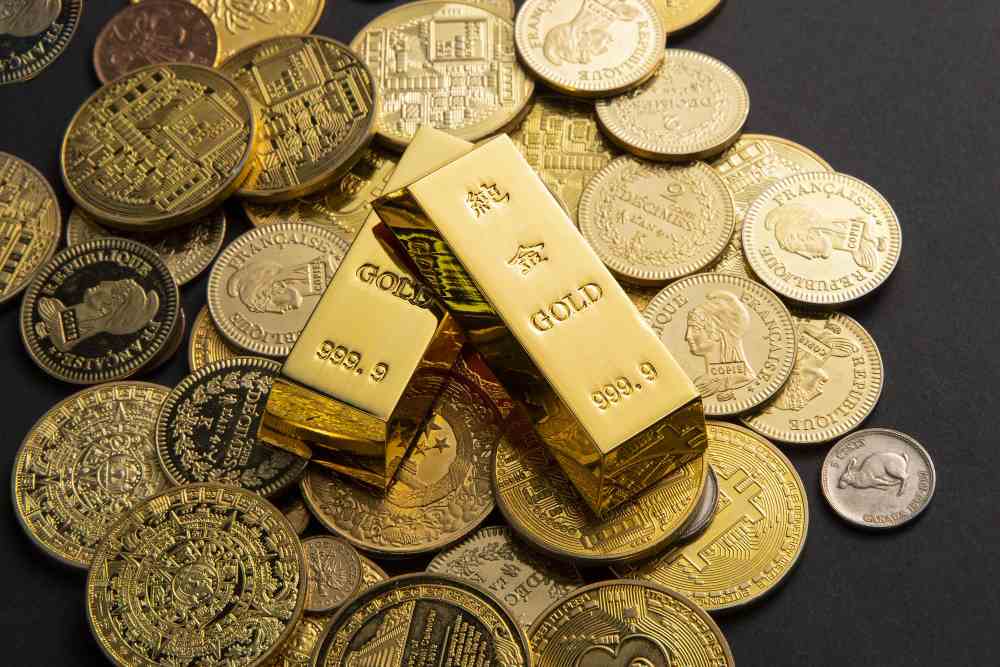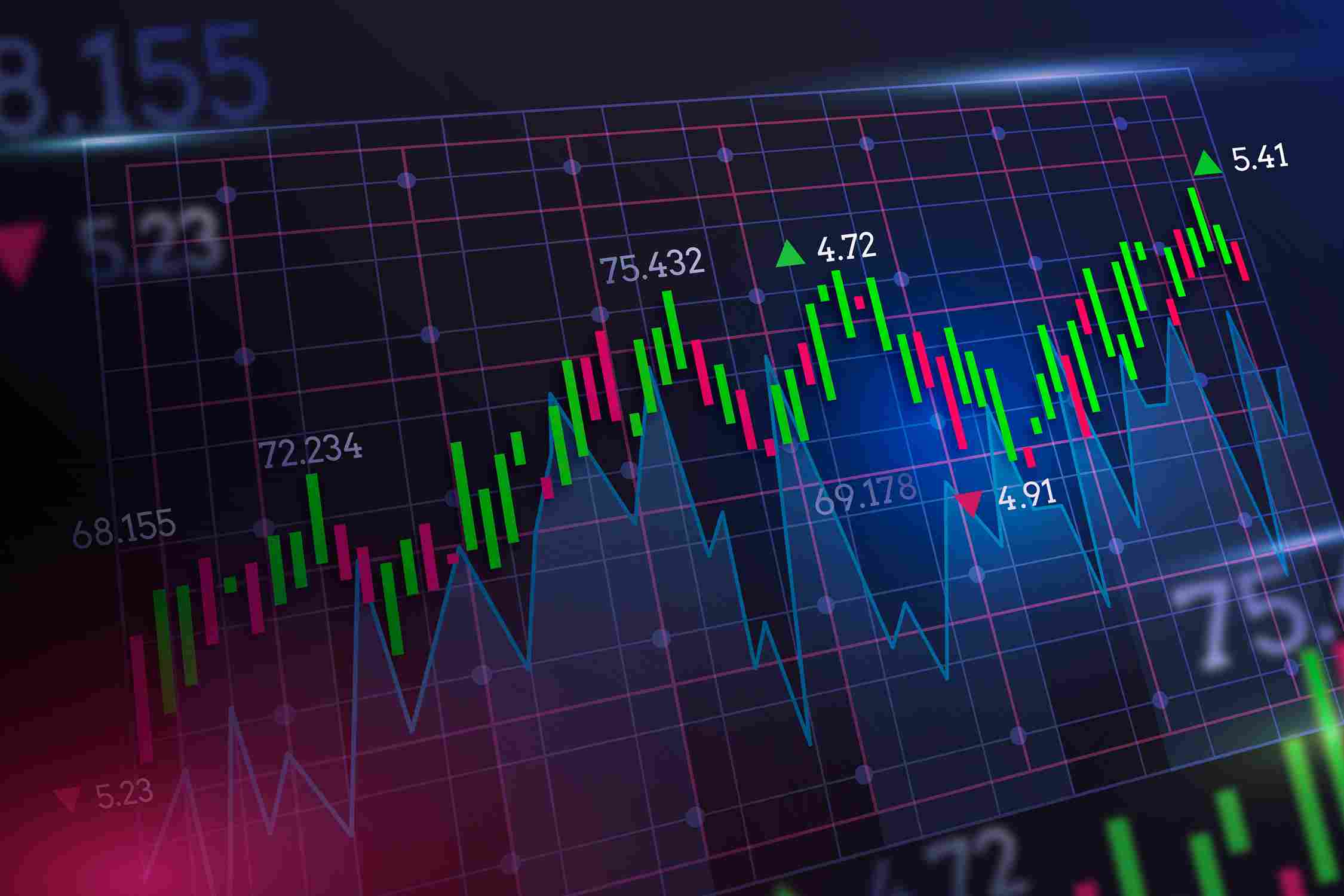The world of financial markets offers traders diverse investment opportunities, and one such option is trading metal contracts for difference (CFDs). Trading metal CFDs allow traders to speculate on the price movements of various metals without owning the physical assets. From traditional base metals to rare and exotic alloys, the range of metal CFDs available provides investors ample choices to diversify their portfolios. This article delves into the different types of metal CFDs, their characteristics, and their significance in the financial markets.
Precious Metals CFDs
Precious metals are highly valued for their rarity and industrial applications. Precious metals CFDs are among investors’ most popular choices due to their perceived safe-haven status and potential as inflation hedges. The most commonly traded precious metal CFDs include:
Gold CFDs: Gold is considered a traditional safe-haven asset and is often used as a store of value during economic uncertainty. Gold CFDs attract short-term traders and long-term investors seeking a hedge against market volatility.
Silver CFDs: Silver is known for its dual role as a precious and industrial metal. It is in demand for various industrial applications, including electronics and solar panels. Silver CFDs offer traders exposure to both its safe-haven qualities and industrial demand.
Platinum CFDs: Platinum is rarer than gold and has a broad range of industrial uses, particularly in automotive catalytic converters. Platinum CFDs appeal to traders looking for exposure to their industrial significance and potential investment value.
Palladium CFDs: Palladium is predominantly used in catalytic converters for gasoline engines, making it valuable in the automotive industry. Palladium CFDs offer traders a chance to participate in this niche market.
Base Metals CFDs
Base metals are essential for industrial processes and infrastructure development. Base metal CFDs provide traders with opportunities to speculate on the performance of these vital commodities. The most commonly traded base metal CFDs include:
Copper CFDs: Copper is widely used in construction, electronics, and power generation, making it a crucial indicator of economic activity. Global economic trends and industrial demand influence copper CFDs.
Aluminium CFDs: Aluminium is lightweight and corrosion-resistant, making it essential for various applications, from transportation to packaging. Aluminium CFDs are affected by supply, demand, and geopolitical events.
Zinc CFDs: Zinc is mainly used for galvanising steel to prevent corrosion. Zinc CFDs are influenced by industrial activity, mining production, and global economic conditions.
Nickel CFDs: Nickel is a key component in stainless steel production and is also used in batteries for electric vehicles. Nickel CFDs are sensitive to changes in industrial demand and technological advancements.
Exotic Metal CFDs
Beyond precious and base metals, exotic metal CFDs offer unique opportunities for traders interested in specialised markets. These metals often have specific industrial applications and can be subject to supply and demand dynamics. Some exotic metal CFDs include:
Tin CFDs: Tin is used in various industries, including electronics, packaging, and soldering. Tin CFDs are influenced by factors such as technological advancements and industrial production.
Lead CFDs: Lead is used in batteries, construction, and ammunition. Lead CFDs are sensitive to factors like battery technology developments and infrastructure projects.
Titanium CFDs: Titanium is valued for its lightweight and high strength-to-weight ratio, making it essential in aerospace and military applications. Aerospace industry trends and geopolitical events can influence titanium CFDs.
Metal Index CFDs
For traders seeking exposure to a broader segment of the metal market, metal index CFDs offer a convenient solution. Metal index CFDs represent the collective performance of multiple metals, providing diversification within the sector. Metal index CFDs can include various combinations of precious, base, and exotic metals, offering traders a balanced exposure to the overall metal market.
Conclusion
Trading metal CFDs provides investors with a wide range of choices, from precious metals like gold and silver to essential base metals like copper and aluminium. Exotic metal CFDs add further opportunities for traders interested in specialised markets. As with any investment, seeking advice from financial professionals can benefit traders seeking to explore the world of metal CFDs.
Disclaimer:
This article is provided for informational purposes only. It does not constitute financial advice, and you should seek advice from a qualified financial expert before making any investment decisions. Investing involves risks, and decisions should be made based on individual financial goals, risk tolerance, and a thorough understanding of the investment products or strategies involved. The content of this article is not intended to provide specific financial, investment, or legal advice, and it should not be relied upon as such. Always consult with a professional financial advisor or investment expert for personalized guidance tailored to your specific situation.





